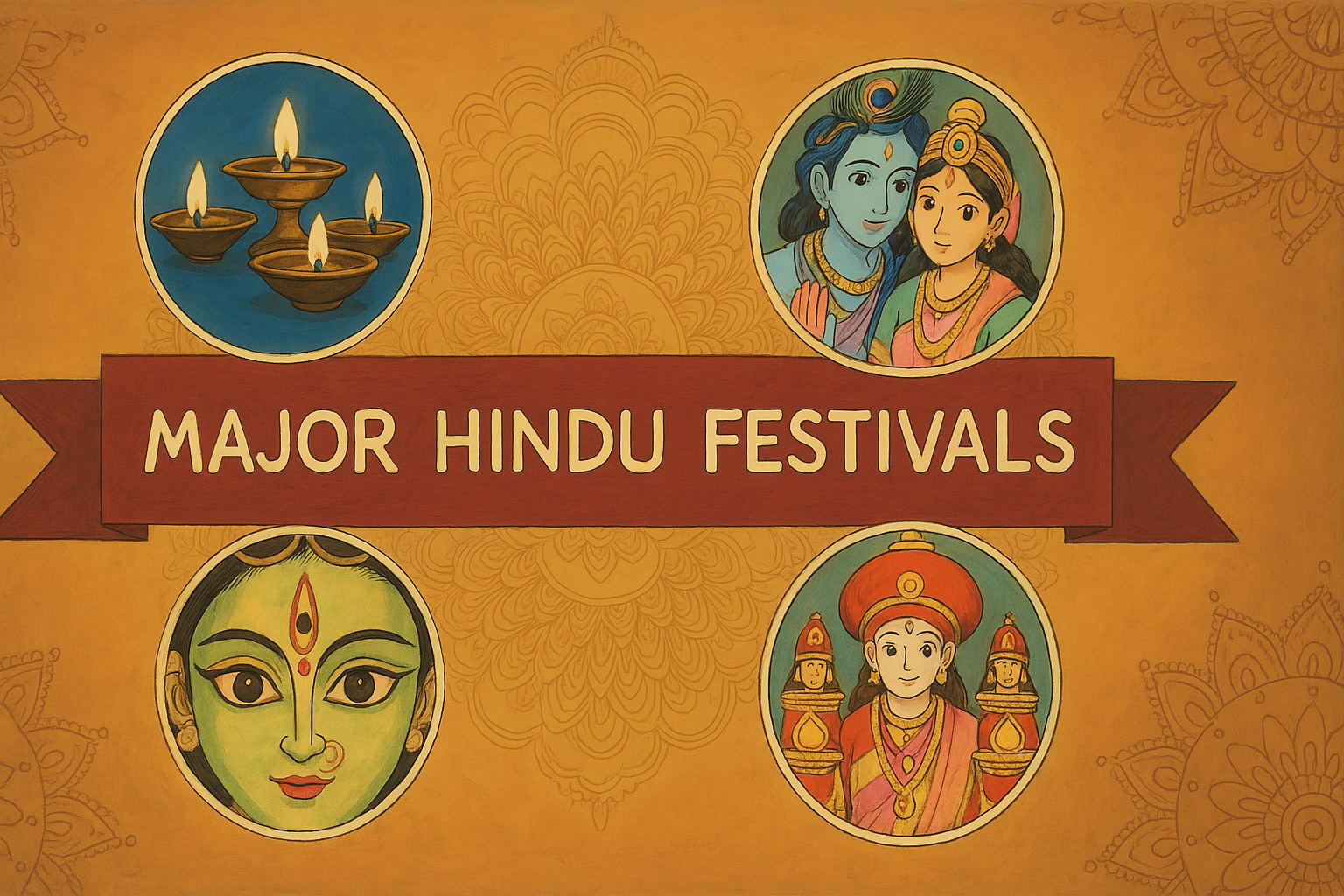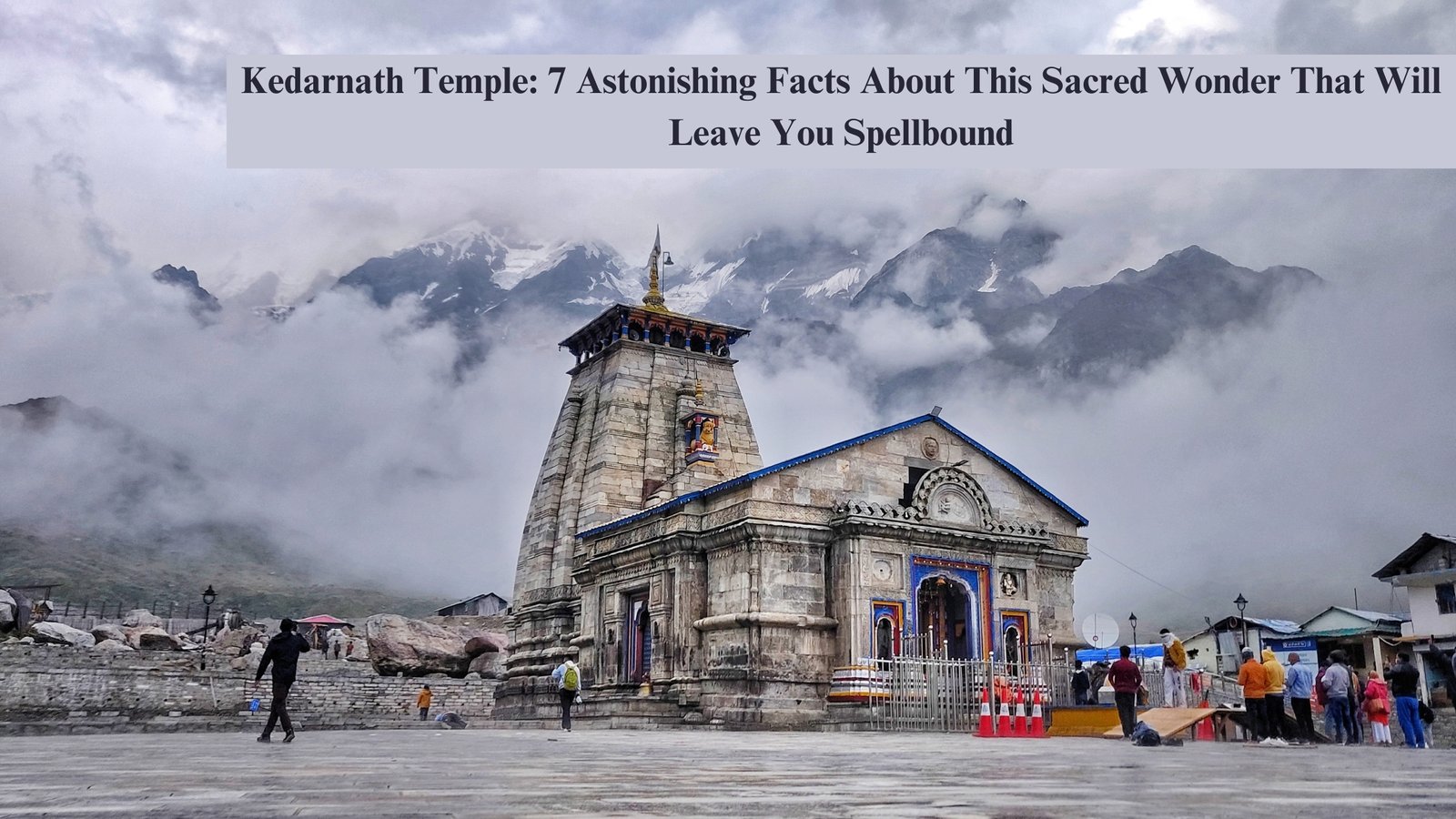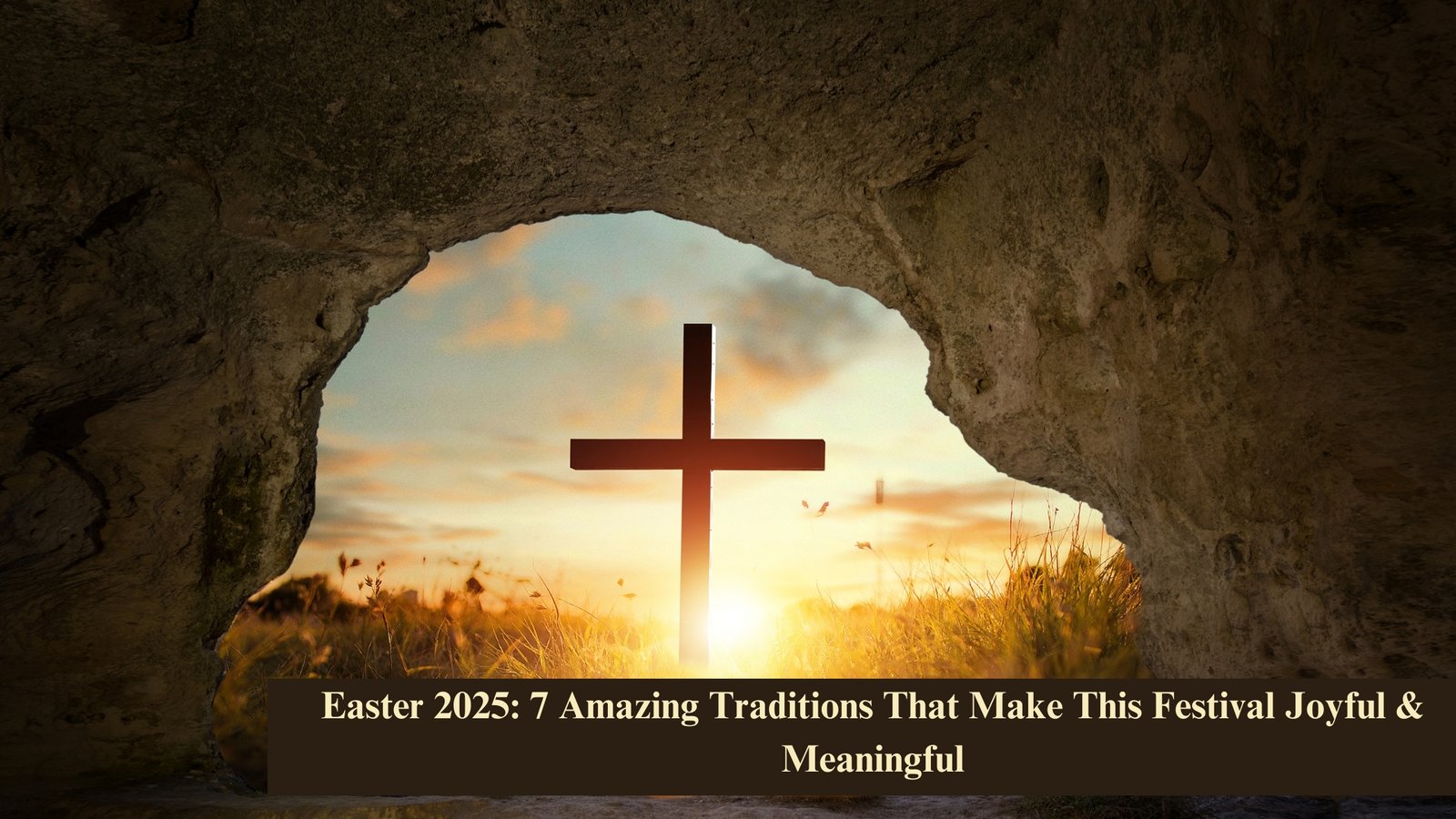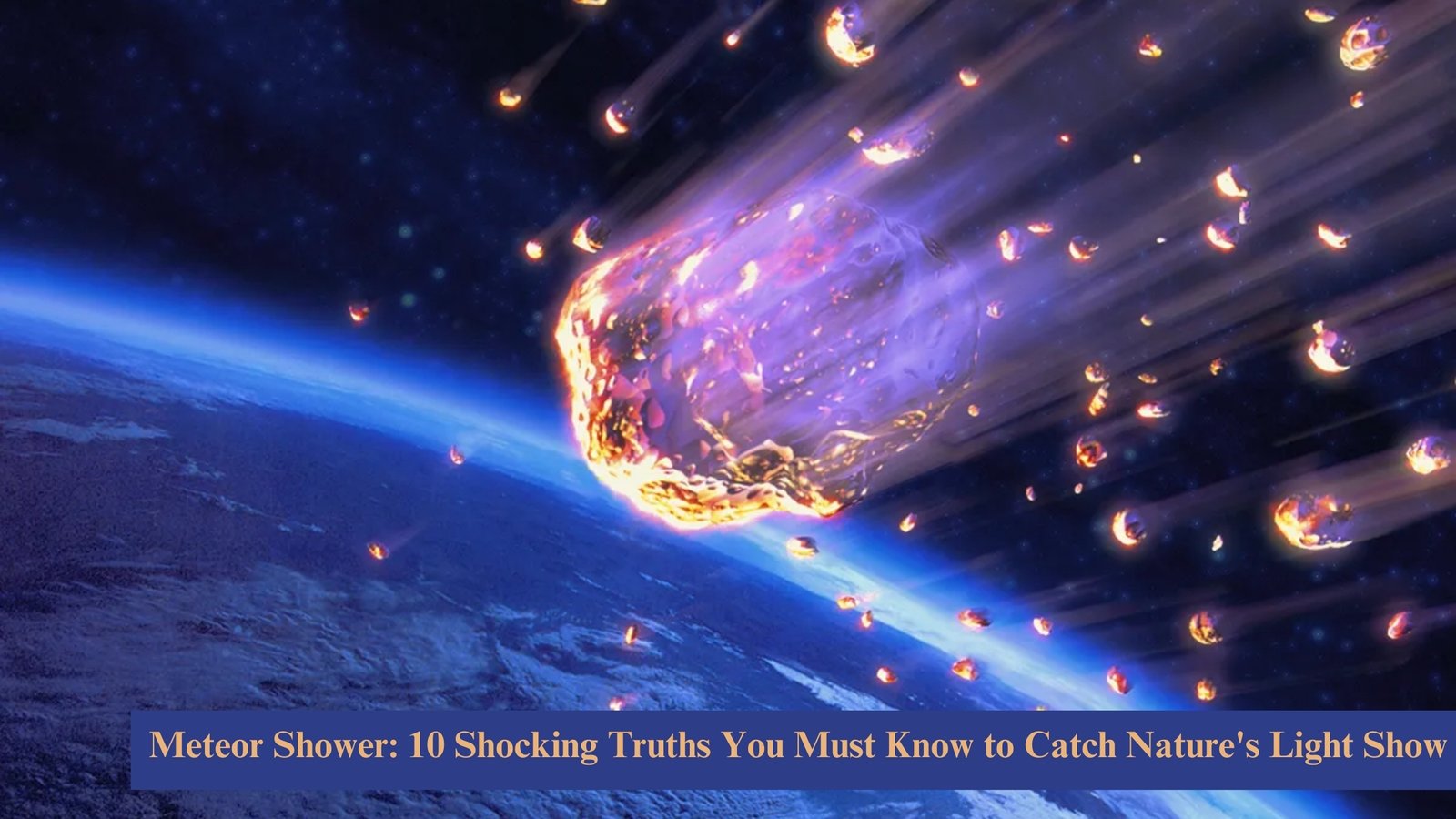Hindu festivals are vibrant celebrations filled with devotion, tradition, and cultural richness. However, many people are unaware of the shocking origins behind some of the Major Hindu Festivals. These stories, rooted in ancient scriptures and folklore, add a deeper significance to the grand festivities. Here are seven such festivals with surprising origins – and number four might just leave you astonished!
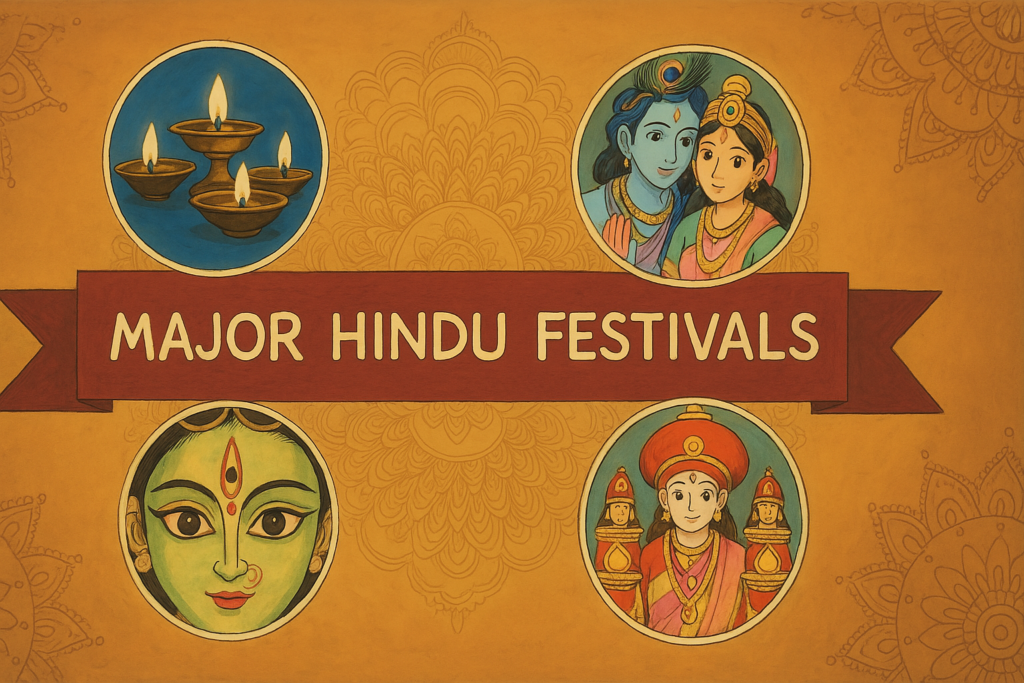
7 Major Hindu Festivals
1. Diwali – The Festival of Lights and Unexpected Reunions
Diwali, the most celebrated Hindu festival, symbolizes the victory of light over darkness. While most associate it with Lord Rama’s return to Ayodhya after defeating Ravana, there’s more to the story.
Surprising Origin:
- Some believe that Diwali also marks the return of the Pandavas from exile in the Mahabharata.
- In certain regions, the festival is dedicated to Goddess Lakshmi’s emergence from the churning of the ocean (Samudra Manthan).
- In Bengal, Diwali is linked to Kali Puja, honoring the fierce Goddess Kali.
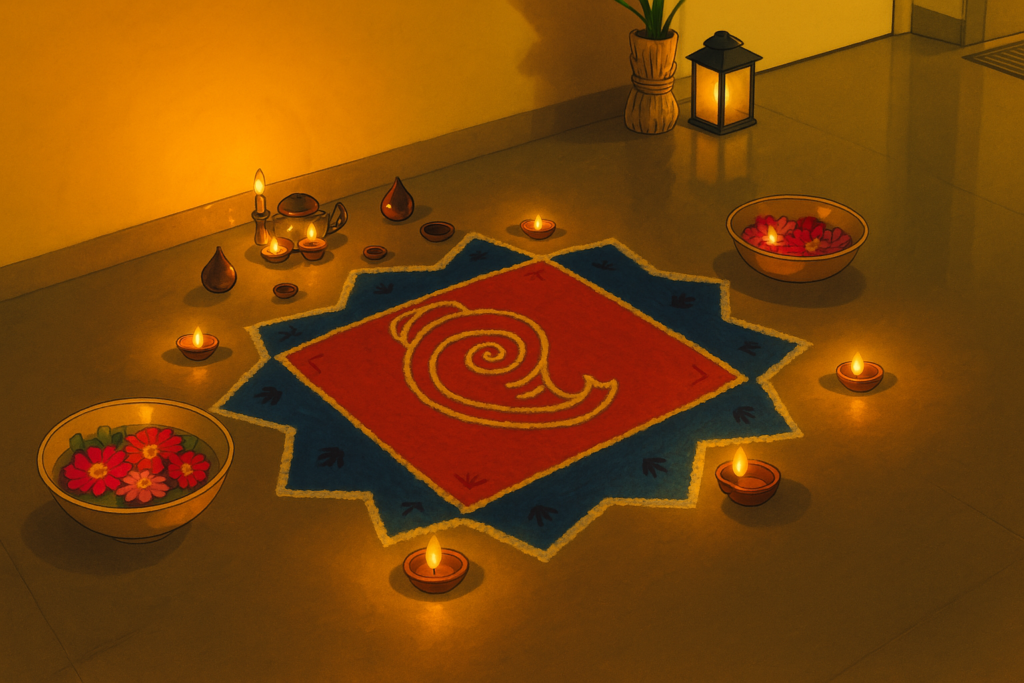
2. Holi – A Festival Born from Fire and Devotion
Holi, the festival of colors, is a celebration of joy and unity. But behind its vibrant hues lies a dark tale of devotion and divine intervention.
Shocking Origin:
- The festival is named after Holika, the demoness who attempted to kill Prahlad, a devotee of Lord Vishnu.
- To escape his father’s tyranny, Prahlad’s faith led to Holika being burned in the pyre, while he emerged unharmed.
- This legend symbolizes the triumph of good over evil, inspiring the burning of Holika (Holika Dahan) before the color festival.
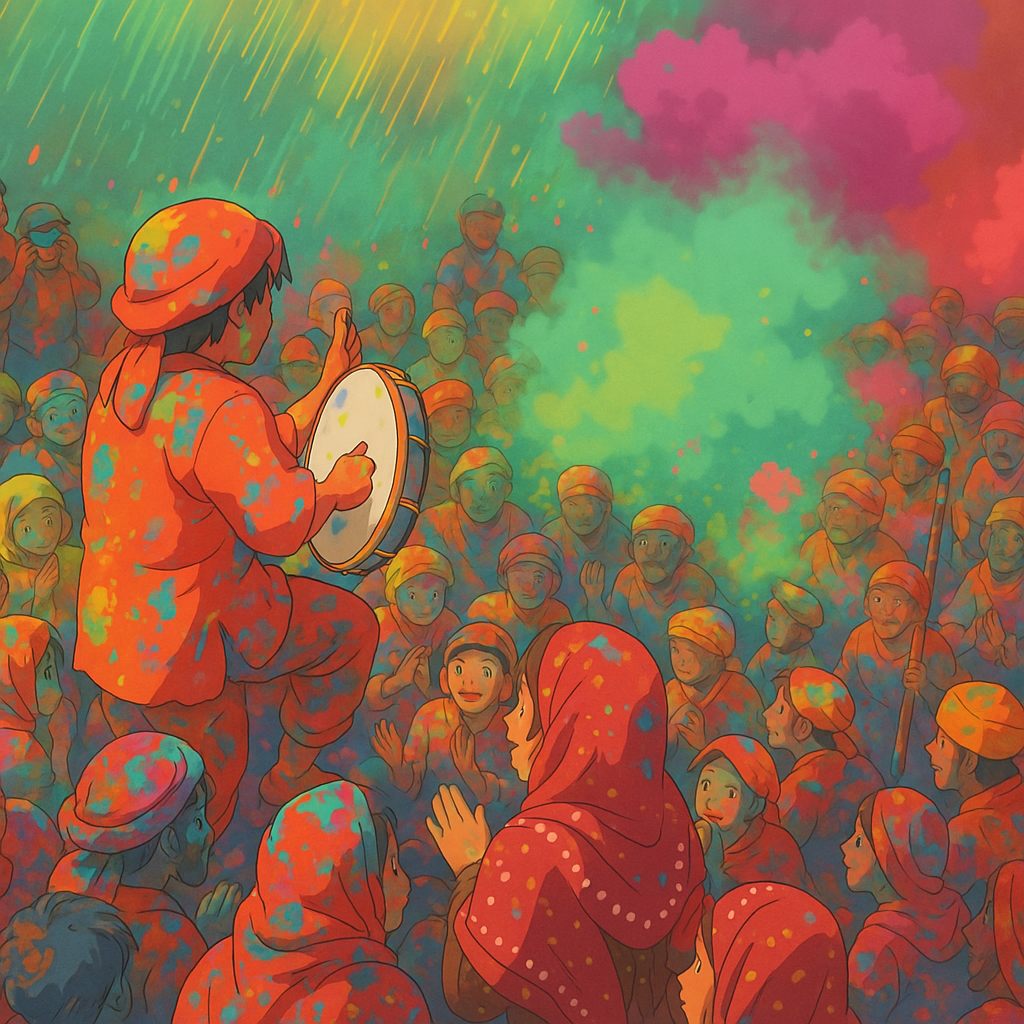
3. Navratri – The Nine Nights of Fierce Battles
Navratri is a grand celebration of Goddess Durga’s power, observed with fasting, prayers, and dance. But the festival’s origins stem from a war against darkness.
Unexpected History:
- It commemorates Durga’s battle against the demon king Mahishasura, who terrorized heaven and earth.
- The goddess fought fiercely for nine days, finally slaying the demon on the tenth day (Vijayadashami).
- In some parts of India, Navratri is linked to Lord Rama’s prayers before his battle with Ravana.
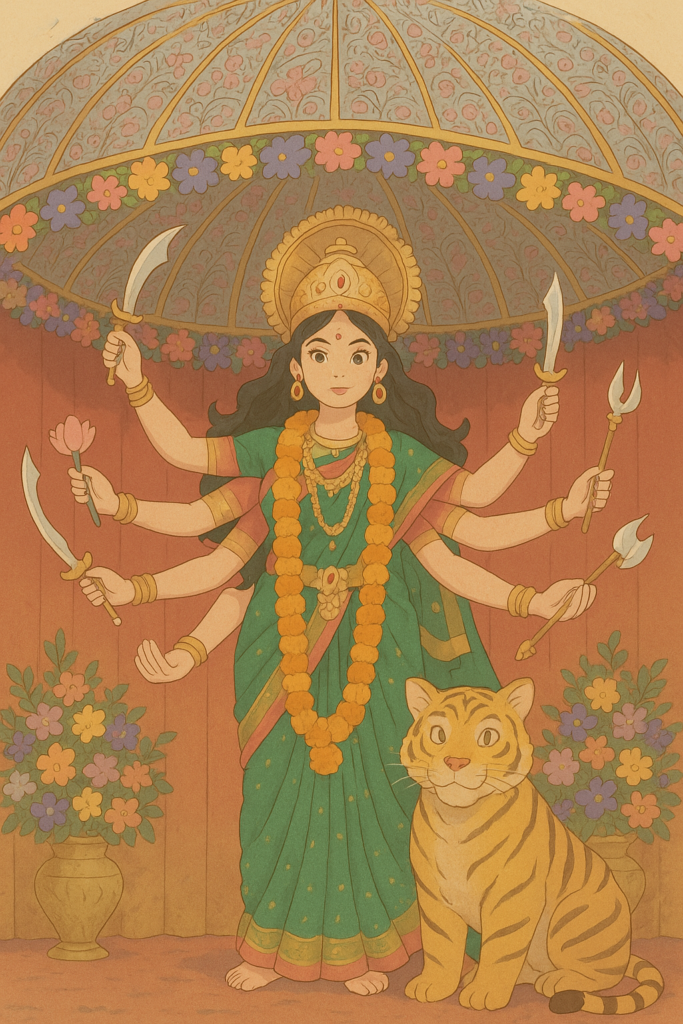
4. Raksha Bandhan – A Festival with an Unexpected Political Twist
Raksha Bandhan, a festival celebrating sibling bonds, is known for its emotional significance. But its history includes an unexpected turn in politics.
Shocking Origin:
- While tied to the bond between Krishna and Draupadi, another story links it to Rani Karnavati of Mewar, who sent a rakhi to Mughal Emperor Humayun seeking protection against an invasion.
- Surprisingly, Humayun, a Muslim ruler, honored the rakhi and rushed to her aid, though he arrived too late.
- This festival, traditionally seen as a family celebration, also played a role in diplomatic relations and wars.
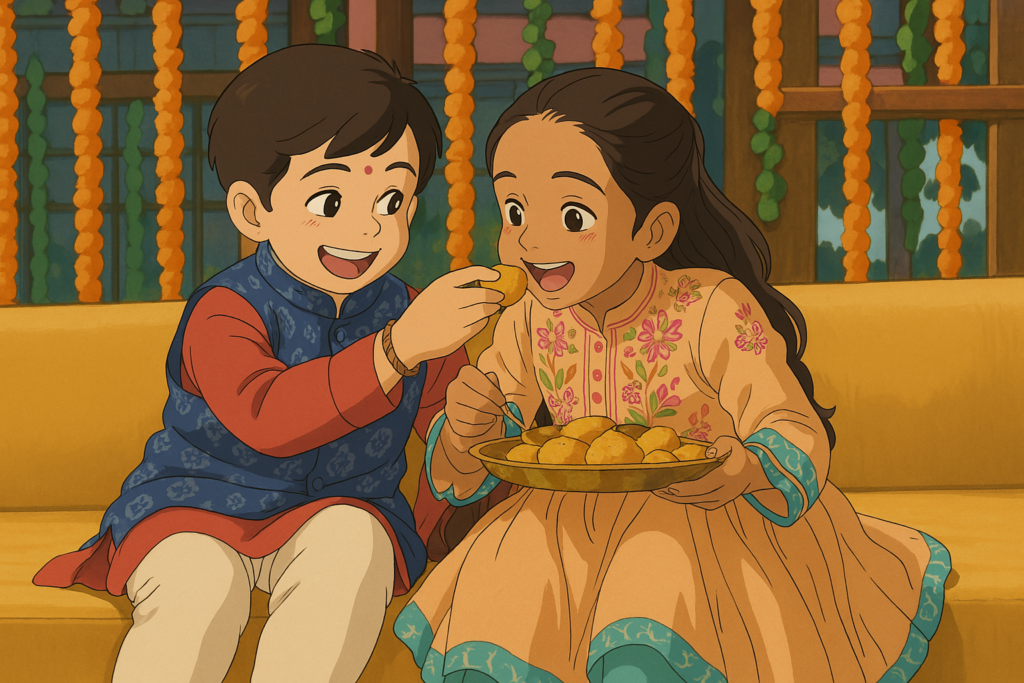
5. Ganesh Chaturthi – A Festival Rooted in Political Rebellion
Ganesh Chaturthi is one of the most popular Hindu festivals, celebrating Lord Ganesha’s birth. But did you know its modern form is linked to India’s independence movement?
Little-Known History:
- While the festival has been celebrated for centuries, it was revived by freedom fighter Bal Gangadhar Tilak in the 19th century.
- During British rule, public gatherings were restricted, so Tilak used Ganesh Chaturthi to unite people against colonial oppression.
- The grand public celebrations that exist today were a means to instill patriotism and unity among Indians.
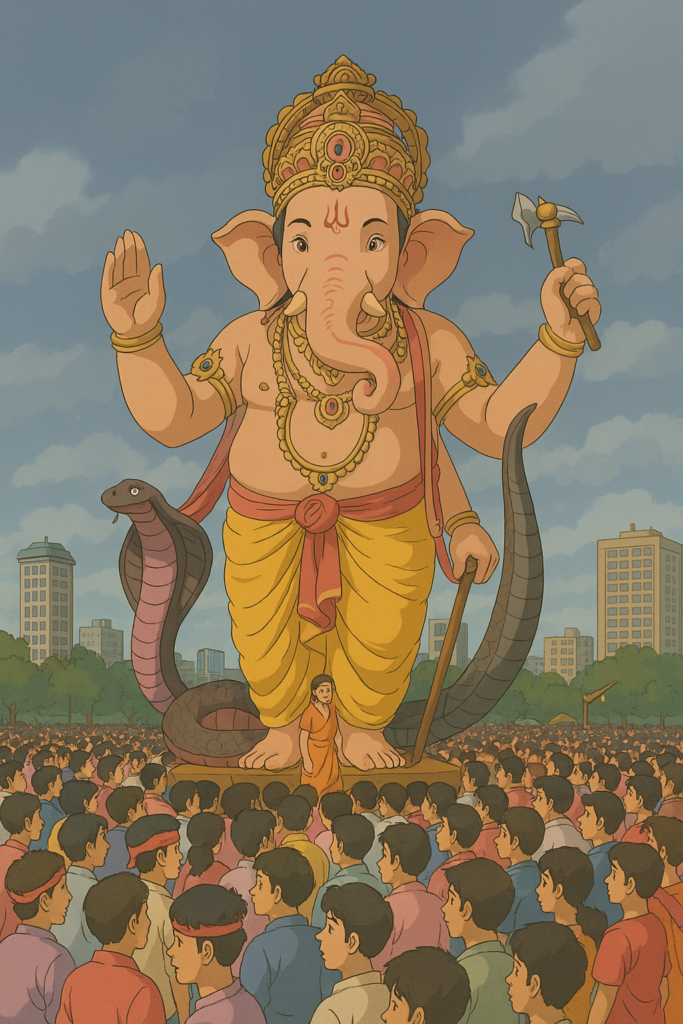
6. Janmashtami – A Festival of Deception and Divine Rescue
Janmashtami celebrates the birth of Lord Krishna, one of Hinduism’s most beloved deities. But the story of his birth is filled with shocking twists.
Astounding Origin:
- Krishna was born in a prison to Vasudeva and Devaki, who were held captive by the tyrant Kansa.
- A divine prophecy predicted Krishna would end Kansa’s reign, leading the king to imprison his own sister and kill her children.
- On the night of Krishna’s birth, Vasudeva miraculously escaped, crossing the Yamuna River to deliver Krishna to safety.
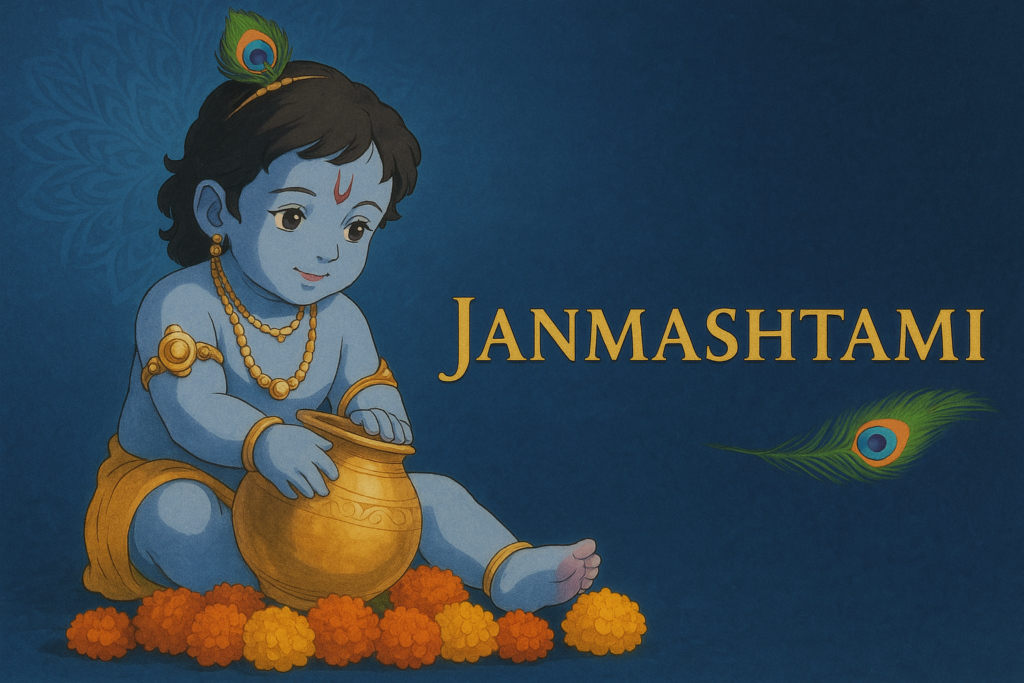
7. Makar Sankranti – A Festival with Cosmic Alignments
Makar Sankranti marks the transition of the Sun into Capricorn (Makar Rashi) and is celebrated with kite flying, feasting, and spiritual rituals. But its origins go beyond seasonal changes.
Lesser-Known History:
- According to Hindu mythology, it marks the day Bhishma Pitamah chose to leave his mortal body on the battlefield of Mahabharata.
- The festival is also associated with the end of the winter solstice and the beginning of longer days.
- In Tamil Nadu, it is celebrated as Pongal, a harvest festival dedicated to Sun God Surya.
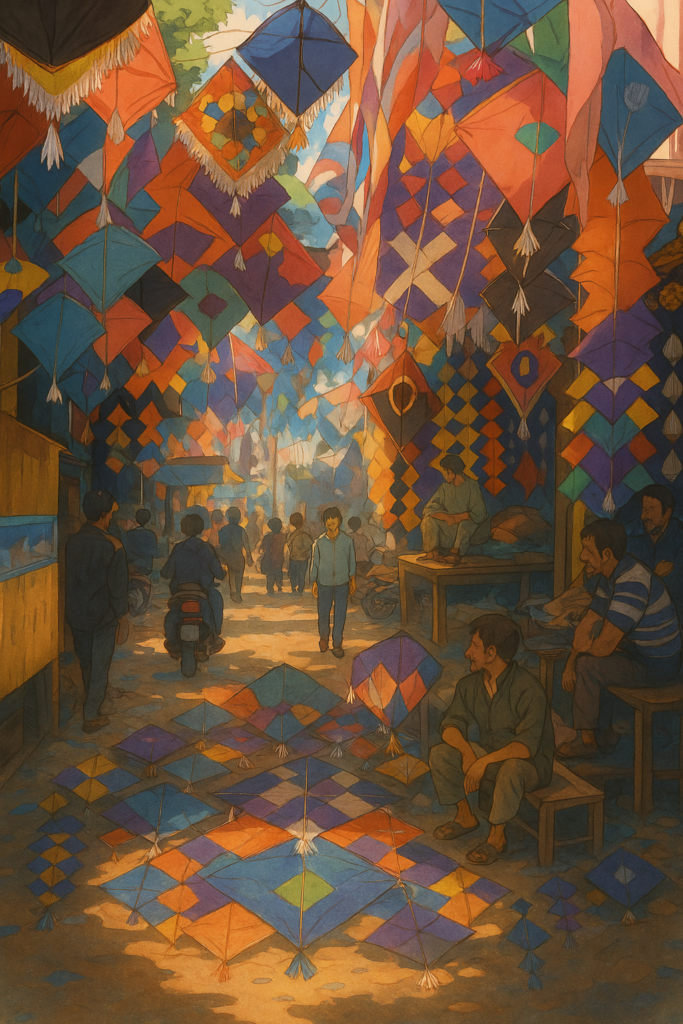
Final Thoughts
The Major Hindu Festivals are not just grand celebrations but carry deep, sometimes shocking origins that reveal their true significance. From mythological battles and political intrigue to cosmic alignments, these festivals are rooted in fascinating stories that continue to inspire millions today.
Which of these festival origins surprised you the most? Let us know in the comments!
For more intriguing stories and cultural insights, visit Chandigarh UT.
